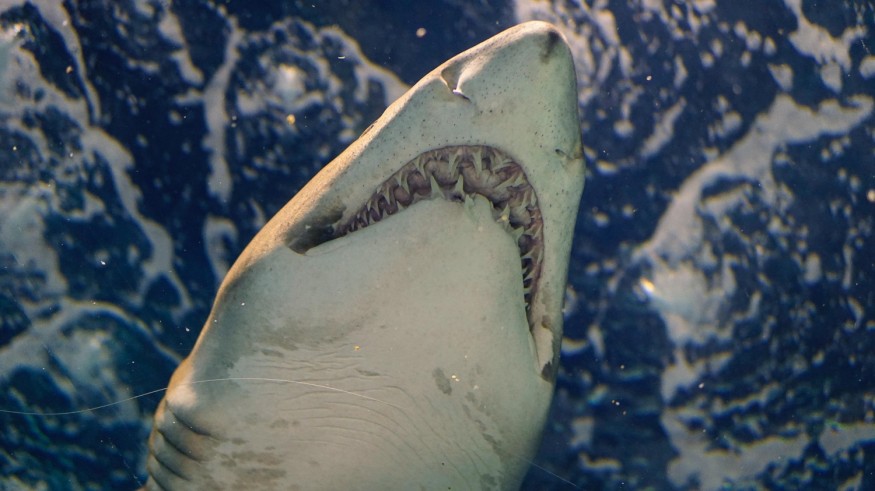
People are not part of a shark's diet, so they should not pose any danger to humans. The majority of known shark species are harmless, and only about 10 out of 400 are known to be dangerous to humans.
However, several shark attacks have been reported recently. Over a week ago, a great white shark attacked a swimmer in Sydney. On Monday, a fisherman in the Bahamas was bitten by a shark. NBC News reported that the US Coast Guard helicopter crew rescued the fisherman after his mates called for help and applied first aid. Given these recent shark attacks, many wonder what could have driven them to attack humans.
Are Shark Attacks on the Rise? Coast Guard Rescues Fisherman in the Bahamas Who Was Bitten By A Shark
Fisherman Bitten By A Shark in the Bahamas
At 12:50 PM on Monday, February 21, the US Coast Guard received a distress call that a fisherman was attacked by a shark and is losing blood rapidly. The 51-year-old fisherman and his crewmates were fishing near Bimini, the westernmost part of the Bahamas, aboard the Shear Water fishing boat when the shark attack happened.
His crewmates immediately called the coast guard and placed a tourniquet around his arm as he was losing flooding. The agency news release reported that a Coast Guard Air Station Miami MH-65 Dolphin helicopter and crew immediately arrived at the scene and hoisted the man as they transferred him to the emergency room at Jackson Memorial Hospital in Miami.
While on the plane, the Air Station Miami HC-144 crew assisted with communication with the Dolphin crew, so they arrived safely. As of now, the fisherman is in stable condition.
Sean Connett, command duty officer at Coast Guard District Seven, said in the news release that the fisherman was fortunate that his fellow crew member was able to apply first aid before the rescue arrived to allow for a quick extraction from the vessel. He aded that it was a "terrifying situation." (Watch video at the end of this article).
ALSO READ : Great White Shark Snatched a 100-Pound Tuna From a Fisherman in Hawaii and Dragged It in Deep Sea [Watch]
How Often Do Shark Attacks Happen?
According to the Australian website Save Our Sharks, there are less than 100 shark attacks every year worldwide, and less than 20 of them are fatal due to blood loss. Experts said that it is extremely rare for sharks to eat humans because they are not their natural prey, and they will often spit out or vomit up human flesh.
Sharks can detect blood in the water, but they are more attracted to the blood or body oils from fish and marine mammals, which are their natural prey. Experiments also revealed that sharks respond most strongly to odors from injured or distressed prey.
The most common reasons sharks bite humans are due to mistaken identity, poor visibility, time of the day, location, fish schools, and shared habitats with humans.
Why Are Shark Attacks Increasing?
Experts said that the pandemic may have caused the increase of shark attacks recently. In 2021, researchers at the International Shark Attack File (ISAF) of the Florida Museum recorded 73 unprovoked shark bites and 11 total fatalities in which nine of it were unprovoked.
It is an increase from the 52 attacks recorded in 2020, the lowest recorded incidents in more than a decade, People.com reported. ISAF said that the closure of beaches during the pandemic could explain this. Likewise, the lifting of lockdown measures also increased human and shark contacts, which led to the rise of shark attacks.
On the other hand, shark-related fatalities decrease despite returning to their historical average. ISAF said this is likely because of the improved safety guidelines at beaches and lesser sharks swimming near the coast.
RELATED ARTICLE : Shark Attacks More Frequent During Fuller Moon Phases Based On 50-Year Data; Researchers Try to Find Out Why
Check out more news and information on Shark Attack in Science Times.












